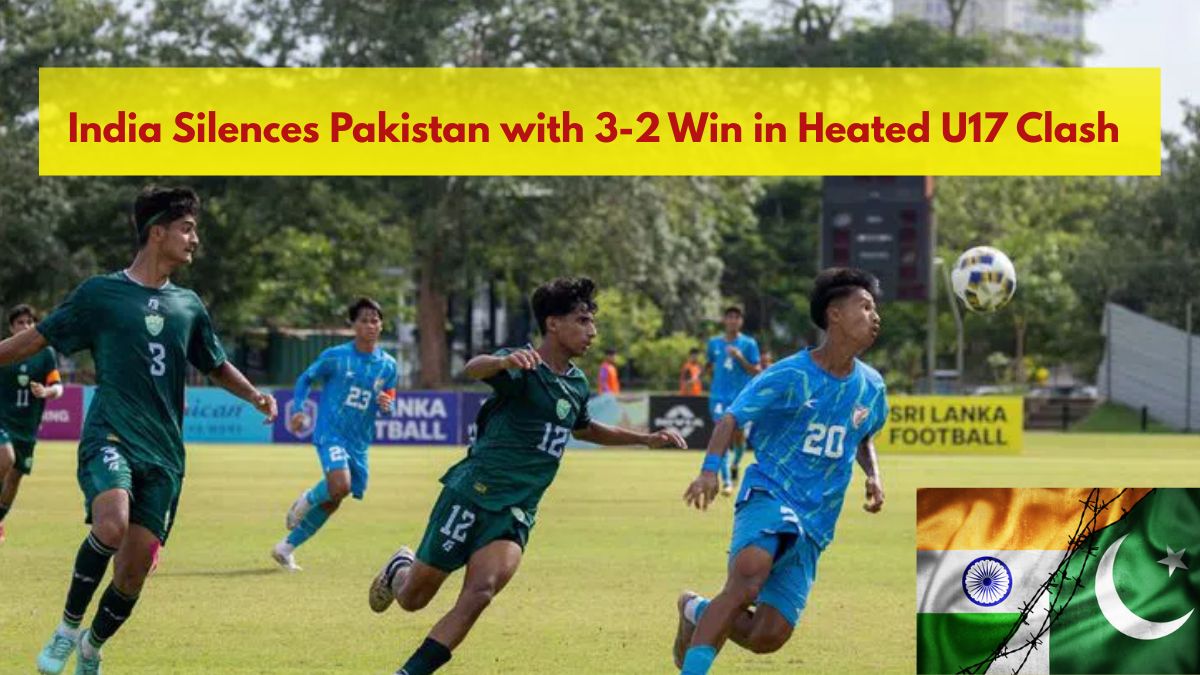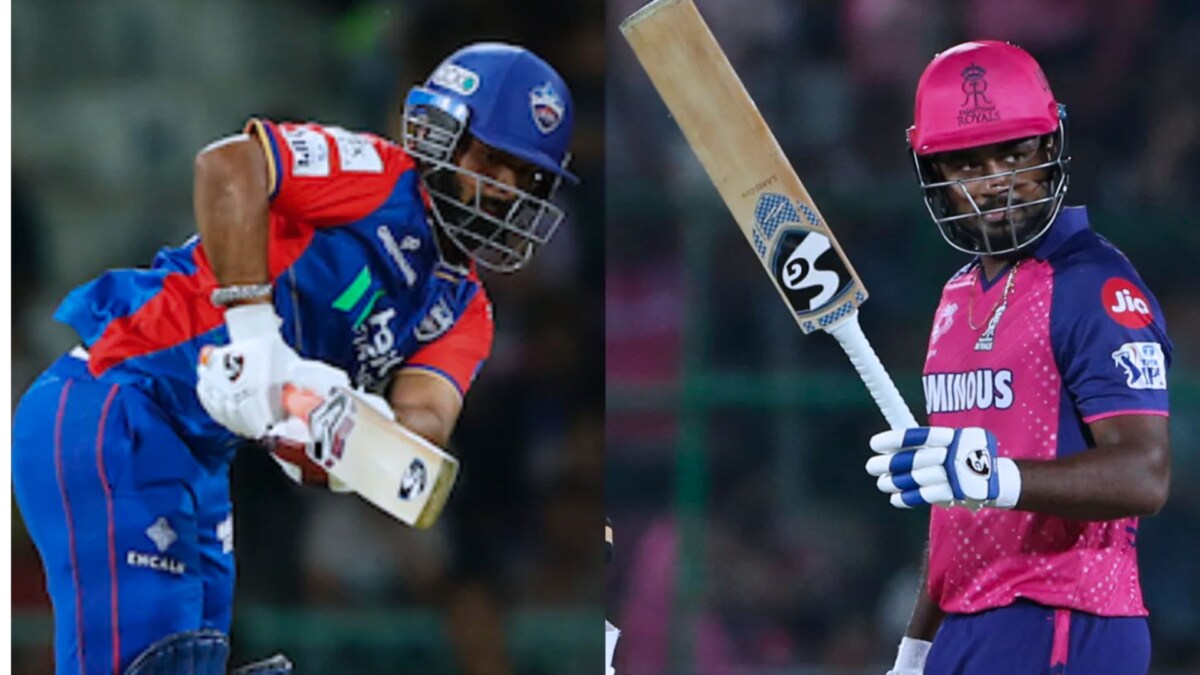Rivalry Beyond Boundaries: Why India-Pakistan Clashes Rarely Stay Just About Sport

India vs Pakistan: Controversy Overshadows Rivalry Across Sports. Matches between India and Pakistan have long been more than just sporting contests. The deep-rooted political tensions between the two nations often spill onto the field, transforming games into emotionally charged encounters. Be it cricket, hockey, or football, whenever these two sides meet, controversies and heated moments are almost inevitable. The ongoing Asia Cup cricket clashes and the SAFF U17 Championship football fixture serve as the latest reminders of this complex rivalry.
In the Asia Cup, the men’s cricket teams locked horns twice—once in the group stage and again in the Super Four. Both contests grabbed attention not just for the on-field performances but also for the off-field controversies that followed. The friction between the two sides was palpable, reflecting the political undercurrents that often overshadow the spirit of sport.
But the tensions were not confined to cricket alone. A fresh episode unfolded in Colombo during the SAFF U17 Championship football match, where India edged past Pakistan 3-2 in a dramatic and emotionally charged game. Though the match itself was rendered inconsequential, as both teams had already secured semifinal berths, the competitive spirit and simmering hostility made it a spectacle that drew as much attention for the football as for the theatrics that accompanied it.
The encounter began with India taking charge in the 31st minute. Young striker Dallalmuon Gangte found the back of the net after receiving a well-placed pass from the flank. His composure and clinical finish gave India the early advantage, igniting celebrations among teammates and fans. However, Pakistan responded swiftly. Just before halftime, in the 43rd minute, Muhammad Abdullah converted a penalty to draw his side level. What followed next, however, turned into the talking point of the match.
Abdullah chose to mark his goal with a controversial celebration. Running towards the corner, he sat down and, along with his teammates, mimicked the act of drinking tea. The gesture appeared to be a mocking reference aimed at India, echoing previous incidents where symbolic or provocative celebrations had been used in the rivalry. While the celebration drew laughter and support from the Pakistani camp, it also attracted criticism for being unsporting in nature.
Ironically, Abdullah’s taunt soon backfired. India regrouped quickly, showing greater composure and tactical discipline in the second half. Danny Singh Wangkhem stood out on the flank with his dazzling runs, leaving his markers struggling to contain him. His pinpoint cross found Gangte once again, and the striker rifled the ball past the Pakistani goalkeeper to restore India’s lead. The coordination between Wangkhem and Gangte became one of the highlights of the evening, showcasing the depth of talent in India’s youth setup.
The intensity of the match grew as Pakistan fought back to reduce the deficit, but India’s young guns displayed resilience. The defensive unit held firm under pressure, while the midfield worked tirelessly to disrupt Pakistan’s rhythm. Eventually, India sealed the contest with a third goal, underlining their superiority in open play and stamping their dominance despite the distractions caused by off-field theatrics.
The result was more than just a scoreline. It reinforced India’s continued supremacy over their arch-rivals in yet another sporting arena. The victory was a morale booster for the Indian team as they advanced to the semifinals, while Pakistan was left to reflect not just on their performance but also on the controversy sparked by Abdullah’s celebration.
Adding to the context, this incident came just a day after tensions escalated in cricket, where provocative gestures by Pakistani cricketers during their Asia Cup Super Four clash against India had already drawn criticism. The recurrence of such acts across sports highlighted how rivalry between the two nations often transcends the boundaries of competition, venturing into the realm of psychological battles and symbolic one-upmanship.
For India, the 3-2 win was more than just a step forward in the SAFF U17 Championship. It was another chapter in a long-standing rivalry where performance on the pitch ultimately spoke louder than any gesture or celebration. The young Indian players not only displayed skill and determination but also reminded everyone that true victory comes from playing the game with focus and discipline, not from taunts or theatrics.
As both nations continue to cross paths in different sports, one thing remains constant—matches between India and Pakistan are never ordinary. They carry the weight of history, the fire of rivalry, and the inevitability of controversy. Yet, as seen in Colombo, the ultimate story is still written by the scoreboard, where India once again emerged triumphant.
Also Read : “Inside Kim Kardashian’s Workout World: Why the Gym is Her Therapy”




